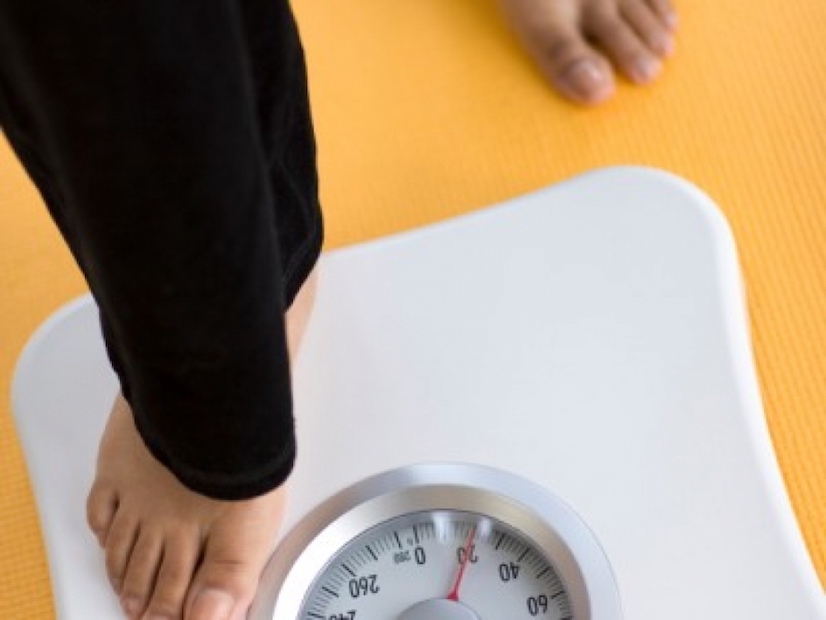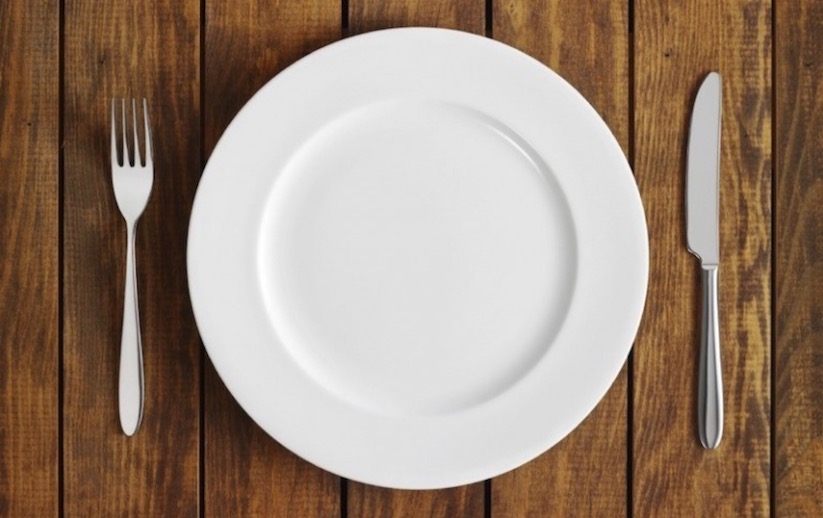One out of every 3 adults is trying to lose weight yet nearly 70% are still overweight. Of those lucky enough to experience weight loss, over 90% experience weight regain within a 3-5 year period (or less). So, what’s wrong here? Well, obviously, most popularized weight loss methods aren’t working. If you’re in pursuit of successful and sustained weight loss, you’d be surprised to know just how many seemingly good methods can actually backfire. Here are six of the most common that might best be avoided.
1. Ramping Up the Cardio
In an effort to burn as many calories as possible for maximal weight loss, many people tend to overdo it with cardio exercise. Unfortunately, performing excessive amounts of cardio will eventually lead to muscle wasting, especially if this is done while restricting food intake. Excessive cardio combined with food restriction leads to calorie deficiencies, which, over time, trigger a starvation response that inhibits fat burning.
When this occurs, the body steals protein from muscle for caloric energy. These effects are further augmented when you don’t incorporate resistance training into your exercise routine, as the muscle wasting that occurs can compromise the metabolic rate.
Related Article: 5 Reasons Why Resistance Training Is Necessary for Weight Loss
2. Haphazardly Going Meatless
If you’ve adopted a meatless (vegan or vegetarian) diet for reasons related to environmental protection, animal welfare and/or personal health, good for you! However, if you’ve gone meatless for the sole purpose of weight loss, you should really think again. Without careful planning, meatless diets can be quite disadvantageous for weight loss in that they increase the risk of muscle wasting and can lead to deficiencies in many important nutrients that are widely present in animal-based foods.
Such nutrients include high-quality protein, omega-3 fatty acids, and vitamin B12, all of which are critical for weight loss and long-term weight maintenance.
Related Article: Nutrient Deficiencies All Vegans Should Be Aware Of
3. Jumping on the Gluten-Free Bandwagon
Gluten-free eating is the latest craze among folks seeking to lose weight. These days you can find a gluten-free version of just about every product from bread to frozen pizza to even cakes and cookies. While gluten-free eating can be quite beneficial in the presence of celiac disease, wheat allergy, and certain other medical conditions, contrary to popular belief, consuming gluten-free foods won’t magically lead to weight loss.
In fact, many foods marketed as “gluten-free” are indeed highly processed and tend to be substantially higher in calories and lower in nutrients when compared to their gluten-rich counterparts. Worst of all they cost more.
Related Article: The Gluten-Free Lifestyle: Is It Really a Fad?
4. Adopting a Fat-Free Diet
A large breed of calorie counters are also fat-free fanatics who’ll purchase any product labeled “fat-free” regardless of its content of sugar, sodium, and other unhealthy ingredients. While fat-free foods are generally lower in calories, when it comes to weight loss, their subpar nutritional quality can do you more harm than good.
Unbeknownst to many, regularly consuming 2-3 daily servings of healthy fats can actually help prevent excess accumulation of visceral (“belly”) fat while greatly promoting weight loss. Healthy fats are primarily housed in olive oil, avocado, nuts, seeds, and oily fish (salmon, tuna, and trout).
Related Article: Seven Food Labeling Tactics That Are Making People Sick
5. Cutting Out the Carbs
Low-carbohydrate (“low-carb”) diets have been around for decades and they continue to gain mainstream popularity as most people who go on these diets experience rapid and substantial weight loss. Unfortunately, the ‘success’ associated with low-carb diets has led many people to believe that all carbohydrates are ‘bad’.
When chosen carefully carbohydrates can be quite beneficial for weight loss and long-term weight management, as they contain substantial amounts of fiber, healthy fats, and protein. Among the best carbs to include in your weight loss plan are vegetables, legumes (dried beans and peas), nuts, and high-quality whole grain foods.
Related Article: What You Should Know About Carbs and the Glycemic Index
6. Excessively Cutting Daily Calories
Whether following the hCG diet or enduring prolonged juice fasts, far too many people undergo severe calorie restriction (less than 1,200 calories) day in and day out in an effort to lose weight fast. It’s important to understand that doing so will cause your body to quickly adapt by reducing your metabolism in order to preserve the energy that’s necessary for sustaining vital functions.
In addition, although protein isn’t meant to be a major energy source, the body will in fact leech it from muscle during prolonged periods of calorie restriction. Such bodily adaptations prevent the loss of body fat, which is totally counterproductive since losing body fat is the ultimate goal of weight loss.
Related Article: Why You Shouldn’t Attempt to Lose More than 2 Pounds a Week
The net-net is this: While you’ll lose weight by following any of the methods I’ve highlighted, you’ll likely gain the weight back once you resume your normal habits, and you will resume your normal habits because such methods are simply not sustainable in the long-term.
All things considered, I encourage you to adopt a balanced approach to weight loss. Such an approach includes regular exercise in the forms of moderate amounts of cardio and resistance training, a sensible diet based on sound nutrition, and strategies that reflect realistic expectations that are within your comfort zone so that you can implement them for a lifetime.
Related Article: Intermittent Fasting: How I Control My Weight By Eating One Meal a Day







